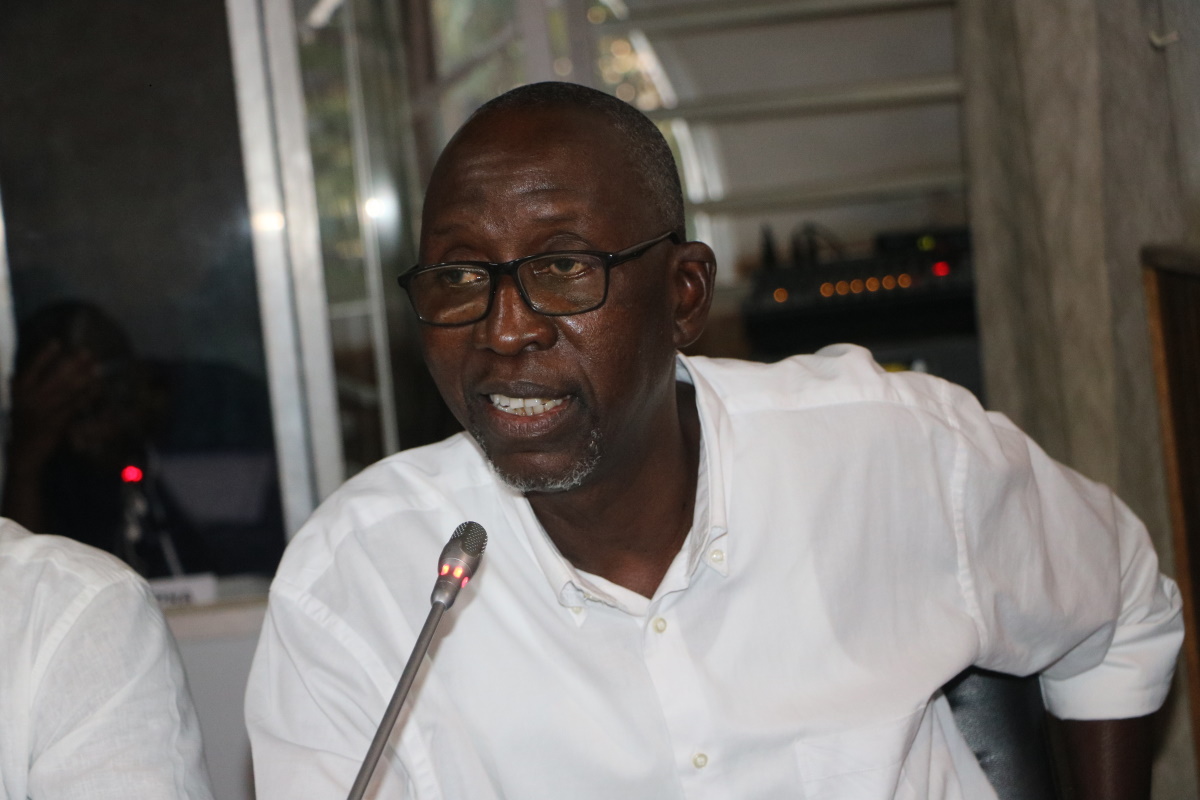The Confederation of African Artisanal Fisheries Professional Organizations (CAOPA) has taken a position on the United Nations goal of declaring 30% of the world’s land and oceans as protected areas by 2030, as part of the 30 x 30 initiative.
In this regard, CAOPA President Gaoussou Gueye gave an online presentation at the COMHAFAT symposium on May 9-10, 2023. His presentation focused on “the perspective of African artisanal fishing on marine conservation and food security.”
Mr. Gueye stated that CAOPA recognizes that protected areas can be effective in restoring and conserving biodiversity and supporting coastal communities that depend on fishing for their livelihoods and food security. However, for the 30 x 30 initiative to succeed, CAOPA emphasizes the importance of participatory and transparent approaches to locate these areas and develop rules on commercial activities allowed there.
According to Mr. Gueye, African artisanal fishing communities have a rich and varied experience in conserving nature and coastal ecosystems through traditional systems, such as banning fishing in certain areas or during certain seasons. Thus, CAOPA calls for artisanal fishing communities to be active partners in any conservation initiative, including marine protected areas.
Furthermore, he emphasizes the importance of considering the social and economic costs of establishing a protected area for artisanal fishing communities living nearby.
Indeed, “if fishermen are involved in the management of the marine protected area, it has a cost in financial terms but also in terms of time dedicated to this activity by fishermen,” noted Gaoussou Gueye.
Thus, CAOPA calls for serious documentation, consideration, and compensation of these costs for the initiative to be successful.
Finally, CAOPA emphasizes that protecting 30% of the oceans by 2030 should not divert African governments from a more comprehensive approach to sea management. Protected areas are not a miracle cure for overexploitation of resources or marine pollution that suffocates ecosystems. Therefore, CAOPA calls for a coherent vision of sustainable and equitable management of sea resources for the entire exclusive economic zone, with marine protected areas as simple tools of this management.
Communication of CAOPA


